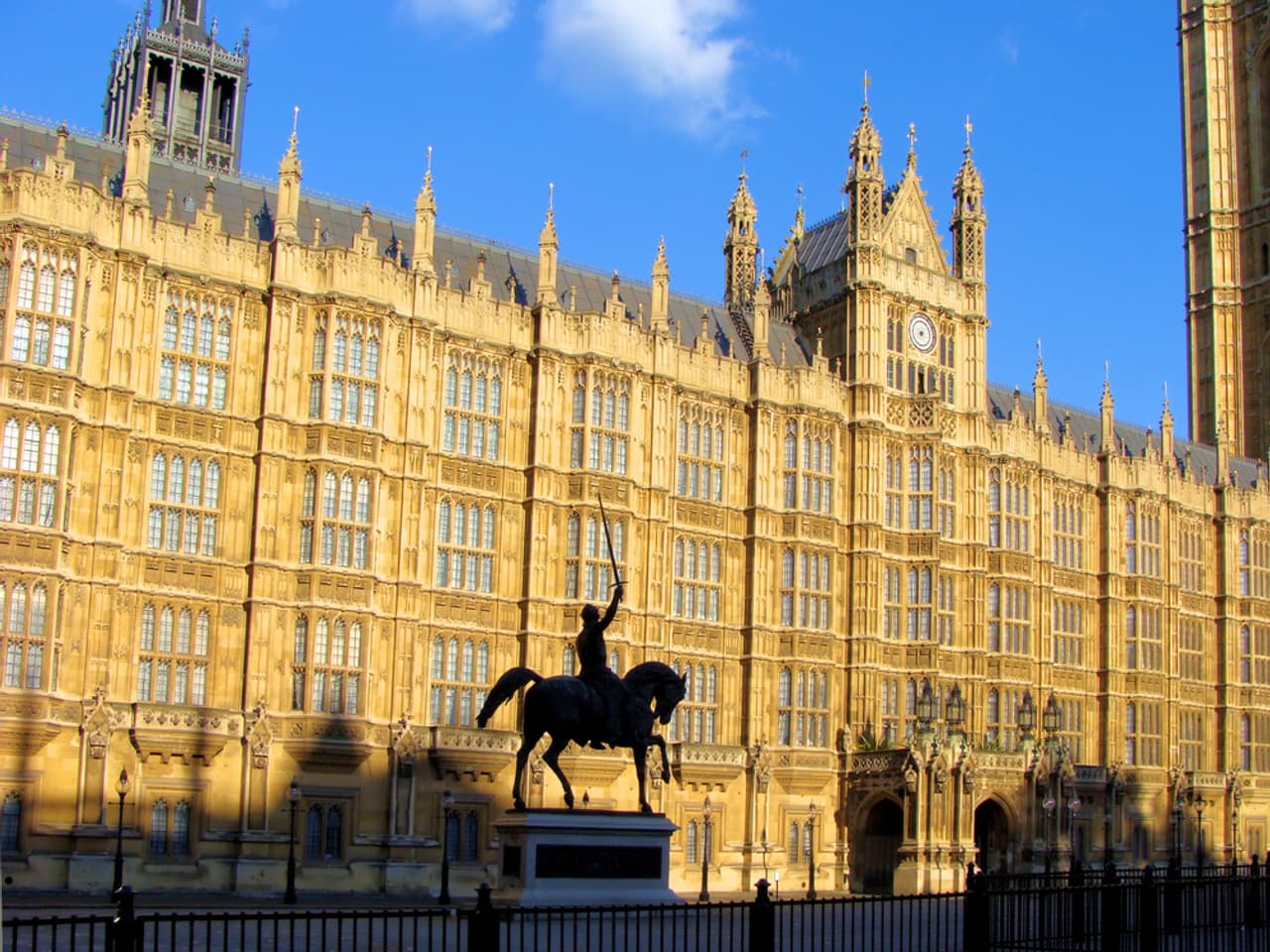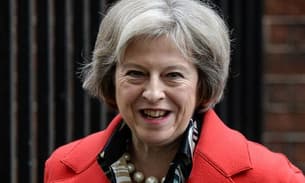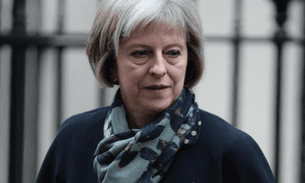
House of Lords votes in favour of government plans to make terror suspects stateless
The House of Lords yesterday voted through a new clause to the Immigration Bill that removes the restriction on making people stateless.
In a 286 to 193 vote, peers relented in their opposition to plans to make terror suspects stateless, after the government made what one peer described as a ‘very substantial concession’.
The plans, which had become the most controversial clause in the Immigration Bill, expand on the Home Secretary’s existing ability to revoke the citizenship of those she believes pose a threat to the UK.
Under the current laws, the Home Secretary, Theresa May, is prevented from removing citizenship if it will leave the individual stateless – so in practice the power can only be used against dual-nationality citizens. Under the legislation, which has been compared by human rights lawyers to ‘medieval exile’, 27 people have lost their citizenship on national security grounds.
The new plans mean that May will be able to revoke the citizenship of naturalised citizens even if they have no alternative nationality to fall back on.
Yesterday peers agreed to amendments already approved by the Commons, including one stipulating that May can only make an individual stateless if she has ‘reasonable grounds for believing’ they can acquire the citizenship of another country.
Baroness Kennedy QC
Peers including Baroness Kennedy QC, a barrister who is acting on behalf of former British citizen Mahdi Hashi, questioned whether this would work in practice.
‘Would another country seriously consider giving nationality, even to someone who might have the ability to apply for nationality of that country, if it knew that British citizenship had been removed on the grounds that the person was believed to be in some way linked to, or to condone, international terrorism?’ she asked.
But Lord Pannick QC, a crossbench peer who had previously tabled a successful motion calling for additional scrutiny of the plans, welcomed the plans as a ‘very substantial concession’ and, after putting a series of questions to the government about how it might work, abstained from the vote.
The government also proposed that every three years an independent reviewer examine how the powers work – a modification of an earlier Liberal Democrat amendment calling for independent reporting every year. The government has suggested that the role may fall to David Anderson QC, the current reviewer of terrorism legislation.
The measures passed by 286 votes to 193 and will now return to the Commons for approval.
Yesterday’s vote brings to an end a four-month struggle by the government to pass the law. The plans were added to the bill in January, at the last minute of its initial passage through the Commons. The clause was voted through overwhelmingly after May told parliamentarians it was an essential power for protecting national security.
But the clause met with vocal opposition in the House of Lords, where peers voiced concerns about the ‘evil of statelessness’ and suggested the proposal might breach international laws and harm international relations. Members of the parliamentary Joint Committee on Human Rights also published a report criticising the late addition of the measures to the bill, saying: ‘[The clause] was not preceded by any consultation and the Government has not explained the urgency which requires it to be added to the Bill at such a late stage in the Commons.’
A coalition of influential lawyers, including a former director of public prosecutions, Lord Macdonald, a former Supreme Court judge, Lord Brown, and crossbencher Lord Pannick QC, tabled a motion calling for the proposals to be scrutinised by a committee comprising peers and MPs before they entered force.
This motion was voted through by the House of Lords, but the government tabled its alternative amendments in a bid to prevent it from becoming law.
During the parliamentary debates, Home Office ministers in both chambers cited the case of Hilal al Jedda, an Iraqi-born man who the Supreme Court ruled last year could not lose his British citizenship as he would illegally be made stateless. As the Bureau reported last year, weeks after the judgment, May revoked his citizenship for a second time.
Yesterday Home Office spokesman Lord Taylor said that the al Jedda case had identified a ‘loophole’ in the law – even though the restriction on making people stateless was a specific ban, rather than an omission.
The new power will not deal with all former British citizens who claim they are made stateless, however. It only applies to naturalised citizens – those who have acquired their citizenship as adults. Later this year, a Vietnamese-born graphic designer will argue in the Supreme Court that he was illegally made stateless by the loss of his citizenship. He came to the UK as a child and became a citizen at around the age of 12, court papers show – and so does not appear to be affected by the new law.
Follow Alice Ross on Twitter. Sign up for email updates on the Citizenship Revoked investigation.




